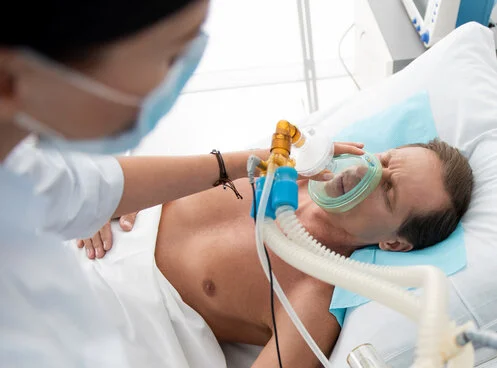Careful attention to pain management is of paramount importance in end-of-life care and supports both the patient and the family in a dignified way during the dying process.
Read MoreWhen ventilators are in short supply, several key ethical principles can assist clinicians.
Read MoreWhen we find ourselves nailed to our hospital bed, it can become an important personal moment for us to engage the possibility of a spiritual transformation opening before us.
Read MoreThese judgments are tricky to make, because the specifics of each case differ, and those specifics change with time and disease progression. DNR’s should be put in place only when the circumstances warrant it, that is to say, on a case-by-case, patient-specific basis.
Read MoreWeighing benefits and burdens is at the heart of the question of starting, continuing or stopping dialysis.
Read MoreWhen should we place a loved one on a ventilator? The answer depends on whether the use of a ventilator in a particular case can be considered ‘ordinary’ or ‘extraordinary.’
Read More…approaching our own mortality with a greater dose of realism helps us make better decisions about when to roll back the medical interventions and focus our energies on preparing for death.
Read MoreRecognizing that dehydration is a painful way to die serves as a helpful starting point to assist family members in addressing the nutrition and hydration needs of their loved ones who may find themselves in compromised states or approaching the end of life.
Read MoreOur duty is to provide loving care and strong support to those whose “quality of life” may be less than perfect, including those who are sick or those who may be disabled like Terri Schiavo, rather than targeting them for an early demise through the withholding of food and water.
Read MoreThe answer always depends on the particulars of a patient’s situation, but there are a few broad considerations that can help in the discernment process.
Read MoreIn order to decide whether a treatment is ordinary, we must also look at the patient’s condition and circumstances, and not merely focus on the treatment, the medical device, or the medicine itself.
Read More











